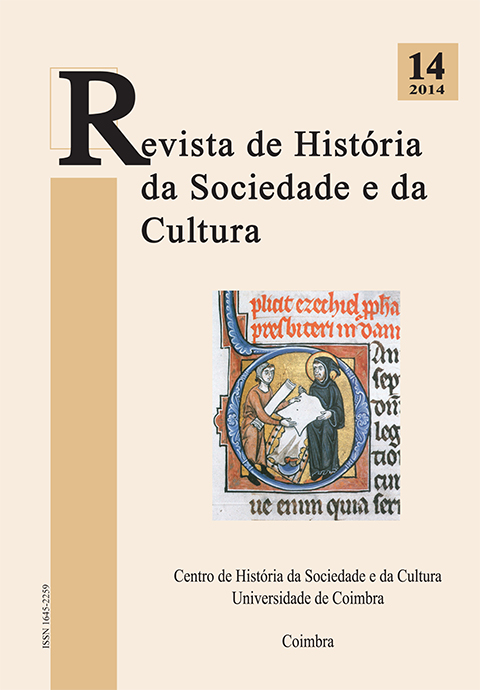"Não destruas por causa da comida a obra de Deus" Restrições e recomendações alimentares na legislação sinodal portuguesa (séculos XIV a XVI)
DOI:
https://doi.org/10.14195/1645-2259_14_5Keywords:
Synods, Food, Middle Ages, Laypeople, ClergyAbstract
After an introduction on Synods - description, goals and participants - and the celebrations conducted in our territory during the Middle Ages, this paper attempts to assess the role of food - and its expressions - in the daily life of lhe medieval society. This study is based on the analysis of documental sources of an ecclesiastical nature, namely through a set of nine Synods held between the 14th and 16th centuries. A distinction is made between the dietary restrictions and rccommendations directed to the clergy and to laypeople. Of these, a distinction is also made between Christians and Christians in contact with Jews and Moors. The analysis of the synodal legislation makes it possible to ascertain the indisputable relevance, prestige and transcendence of food during the Middle Ages, as well as the determining factors in the conduct of the Catholic Church, in view of the recognition of food as a symbol of power.
Downloads
Downloads
Published
Issue
Section
License

This work is licensed under a Creative Commons Attribution 4.0 International License.
Authors retain copyright and grant the journal right of first publication with the work simultaneously licensed under a Creative Commons Attribution License that allows sharing the work with recognition of authorship and initial publication in Antropologia Portuguesa journal.











